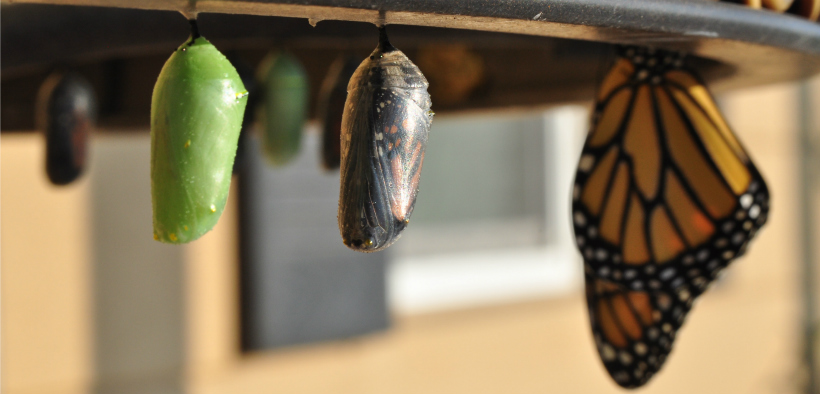Transitioning from Faculty to Chair
This article first appeared in Academic Leader on November 15, 2018. © Magna Publications. All rights reserved. Many of us either are asked to serve as chair of our department as a cyclical rotating chair or have made the decision to pursue the chair position on our own. Regardless of the path...
Reflections on “Becoming” a Department Chair
This article first appeared in Academic Leader on November 2, 2020. © Magna Publications. All rights reserved. Michelle Obama’s best-selling book, Becoming, offers a glimpse into her life becoming not only the first lady of the United States but also, and more importantly, a strong African American woman. The former first lady...
Petty Principles for Women in Higher Education: Realistic and Practical Advice for Success in Higher Education Leadership
According to recent research, women in higher education continue to consistently be underrepresented at the administrative levels of dean, chief academic officers, provost, and president (Gallant, 2014). There are numerous motives identified by researchers for the persistence of the underrepresentation of women in the top ranks of leadership in higher...
Petty Principles for Leaders in Higher Education
Higher education leaders have an opportunity to make an impact on the education and development of a diverse population of students and help them become contributing citizens in society. However, the job comes with a myriad of challenges that can confound both novice and experienced leaders alike. In this post,...
Assessing the Impact of Leadership Development, Part 2: The Holton Model
Elwood F. “Ed” Holton III, former director of the School of Human Resource Education & Workforce Development at Louisiana State University, recognized as early as 1996 that the Kirkpatrick Model of Training Assessment, although so widely adopted that it has become virtually an industry standard, had several serious drawbacks (Holton,...
Assessing the Impact of Leadership Development: Part 1, The Kirkpatrick Model
With all the investments that colleges and universities make in trying to develop their academic leaders—sending them to conferences and workshops, creating their own in-house professional development programs, assigning new leaders to mentors, and so on—institutions want to know whether they’re getting any return on their investment. In short, does...
Succession Planning: Developing Future Leaders from Within
Succession planning, or targeted leadership development, is not very common in higher education institutions, perhaps because of the corporate cronyism it often calls to mind. Certainly, the values and hiring practices in higher education are inconsistent with the "good ol' boy" network found in the corporate sector, but perhaps higher...
Avoiding Groupthink
With the spate of books and articles that deal with the issue of incivility in higher education, it’s easy to conclude that destructive disharmony is the single biggest problem facing colleges and universities today. To be sure, lack of collegiality has become a significant challenge, and nearly every academic leader...
Change for the Sake of Change
Nearly all forms of academic leadership involve supervising change. Curricula have to be adapted to keep up with advances in pedagogy, the evolving needs of the student body, and new discoveries in the discipline. Research expands continually, building on the discoveries of other scholars and moving in new directions. As...
10 Things I Never Knew about Being an Academic Chair
My professional goals have always included teaching but never administration. I tended to be a bit judgmental and suspicious of administration. However, after five years in an elementary classroom and 19 years in a university classroom, circumstances led me to take the plunge into higher education administration. Having served as...











